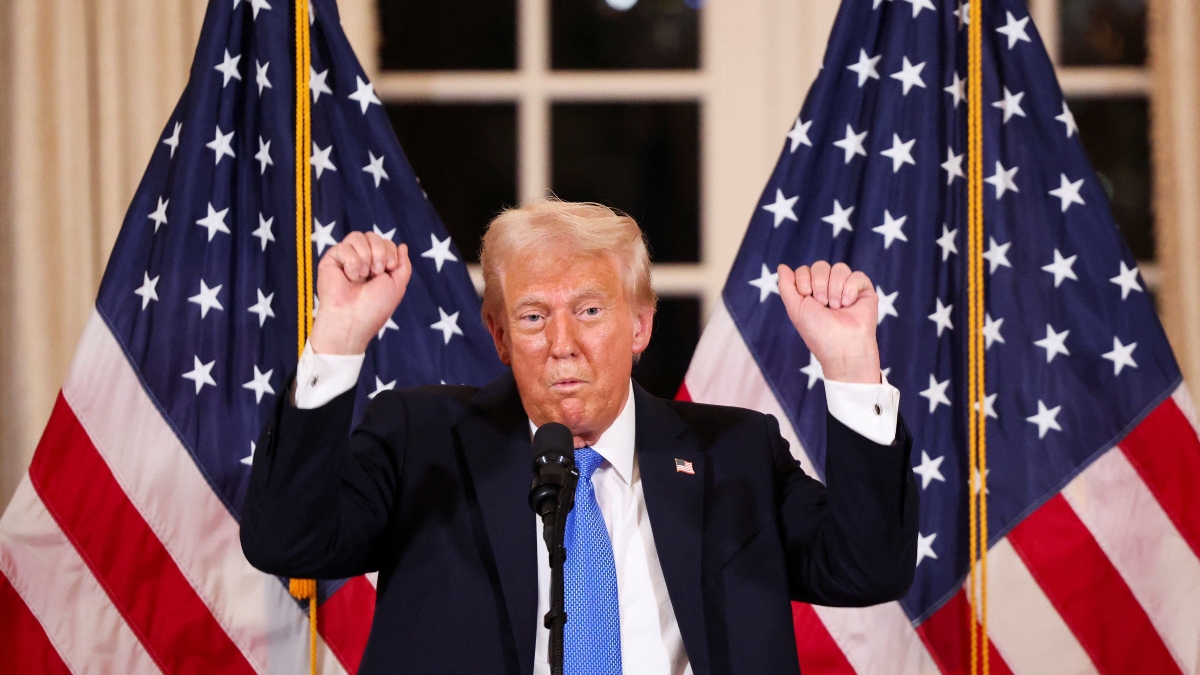US President Donald Trump is moving swiftly to assert his authority in the early weeks of his presidency through a series of executive orders, some of which have faced legal challenges.
His bid to consolidate power is at odds with the wider sentiments in the country.
A majority of Americans say it would be “too risky” to give President Donald Trump more power to address national issues, according to a new Pew Research Center survey.
The survey, conducted from January 27 to February 2, found that 65 per cent of US adults oppose expanding Trump’s authority, while just 33 per cent believe many of the nation’s problems could be addressed more effectively if he had fewer constraints from Congress or the courts.
Concerns about presidential power extend beyond Trump himself. A broader 78 per cent of Americans say expanding the powers of the presidency in general would be risky, pointing to the deep-seated skepticism about increasing executive authority.
“In general, majorities of both Republicans and Democrats are skeptical about giving US presidents more power. However, their opinions tend to shift depending on which party controls the presidency,” Pew Research Center said.
Republicans are now less wary of expanded presidential power under Trump than they were when Democrat Joe Biden was in office. When Biden was president, over 75 per cent of Republicans said it would be too risky to expand presidential power.
Impact Shorts
More ShortsIn contrast, Democrats have become significantly more concerned about the issue, with 89 percent now saying it would be too risky to give presidents more power—an increase of 17 percentage points from last year.
Note that the survey was conducted before some of the administration’s latest efforts to reduce the size of the federal workforce, a move expected to spark further legal and political battles.
Despite shifting partisan views, the overall reluctance to expand presidential power suggests deep-rooted concerns about executive overreach, regardless of who occupies the White House.
)